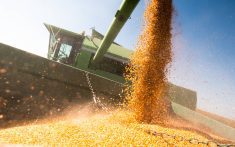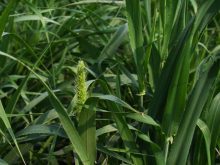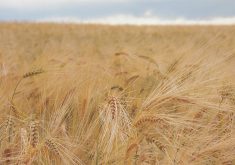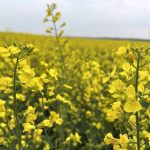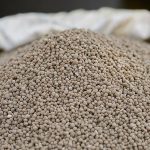Johannesburg | Reuters — South African barley farmers are bracing for a tough market ahead as demand for the grain used to make beer falls and stockpiles grow after a ban on the sale of alcohol was reinstated as the country battles a surge in COVID-19 cases.
The government in December enforced its third ban on alcohol sales since the outbreak of the virus to alleviate pressure on strained healthcare facilities after a rise in infections.
Unutilized stocks of barley, which is mainly planted for malting purposes in South Africa, stood at around 719,307 tonnes by December, 49 per cent higher than a year ago, according to data from the South African Grain Information Service.
Read Also
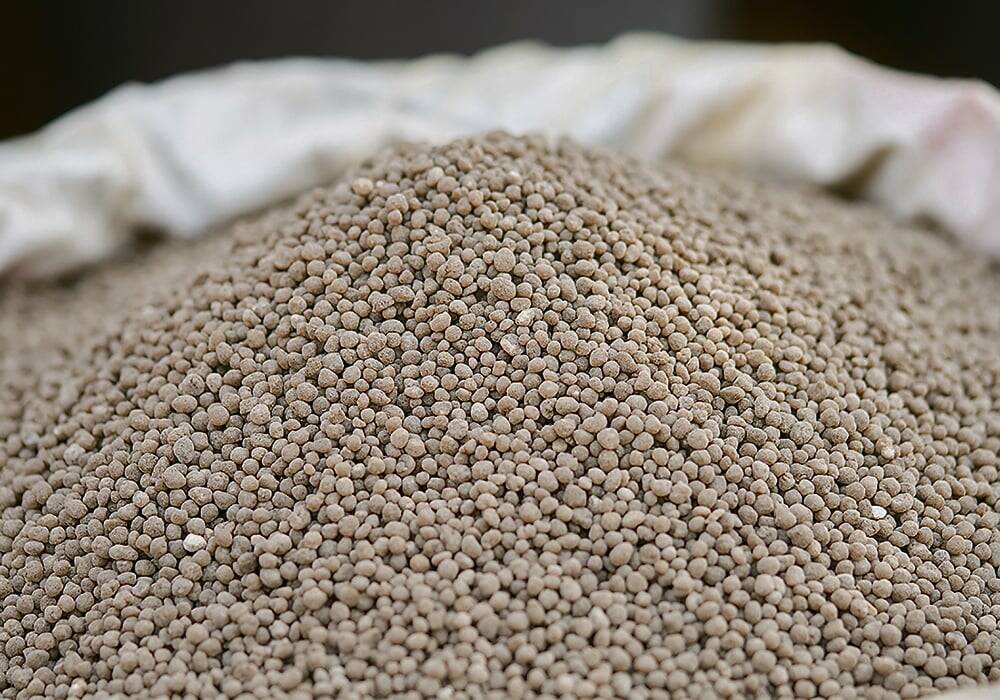
Mosaic misses profit estimates on weak U.S. phosphate demand
Mosaic missed Wall Street expectations for fourth-quarter profit on Tuesday, hurt by a steep drop in U.S. phosphate fertilizer demand that weighed on sales volumes.
Farmers say the ban is further hurting a sector still reeling from effects of drought conditions in 2019.
“The biggest impact will be on next year’s mandate to supply malt barley for the industry,” said Jose De Kock, chairman of the Barley Industry Committee, referencing to the 2021-22 season where plantings are due to start in around April.
“With the carryover that is already in the pipeline they are going to limit the mandate for next year, that is the fear,” he added.
Farmers could plant other crops, but De Kock said this may not be a complete solution with some of them in a crop rotation as part of disease and weed control measures.
“You can juggle a bit to the one side or the other side but you cannot not plant barley,” he said.
Anheuser-Busch InBev (AB InBev), which uses malting barley in beer making, lowered its mandate for the 2020-21 season to 380,000 tonnes from 475,000 tonnes in the previous season.
“There is the possibility that we will have to reduce the mandate further if the ban should continue,” AB Inbev’s director of agricultural development in Africa, Josh Hammann, said.
This may force farmers to sell excess barley as animal feed, which can be a 40-50 per cent markdown from the price of malting barley, said Abrie Rautenbach, head of ABSA’s AgriBusiness.
South African Breweries, part of AB InBev, is challenging the alcohol ban in court.
— Tanisha Heiberg is a Reuters correspondent in Johannesburg.




